|
It's the week of Thanksgiving and this holiday is usually associated with thanks and gratitude. Gratitude is a feeling of appreciation or thanks; the state of being grateful. Some people may use gratitude as a way to form new relationships, strengthen current ones, help apologize to others, and make amends; but there are many useful ways to implement this positive emotion into your life.
7 Scientifically Proven Benefits of Gratitude
Resources to utilize to strengthen understanding and application of gratitude. What is Gratitude and Why Is It So Important? 11 Classroom Activities to Teach Students Gratitude Your Guide to Cultivating Gratitude in the Workplace 13 Most Popular Gratitude Exercises and Activities 8 Gratitude Activities for the Workplace to Try Today Giving Thanks Can Make You Happier 28 Benefits of Gratitude & Most Significant Research Findings How to Be Thankful When You Don't Feel Thankful
0 Comments
International Day for Tolerance is observed on November 16 as a time to celebrate open-mindedness and listening. Tolerance may be defined as accepting others who are different in their race, culture, habits, and beliefs. Ways to participate in International Day for Tolerance includes reading about different cultures, listening to neighbors with opposing point of views, and participating in events of remembrance or advocacy. There is importance in celebrating this day because it’s educational, brings others together, and reminds us that tolerance is a constant effort.
Tolerance is an important skill to develop, because people will not always agree on things. It's human nature to have differing opinions and thoughts. However, there is a big difference between tolerating different opinions and accepting others' race, culture, habits, and beliefs. It's important to be mindful that acceptance is actually the end goal to creating an inclusive society rather than just tolerance. Eight Tips to Build Tolerance in Your Life
Resources for teaching and developing tolerance: Teaching Tolerance How to Teach Your Kid About Tolerance The Importance of Teaching Tolerance: 9 Ways to Create an Inclusive Classroom How to Deal With Low Frustration Tolerance What is Distress Tolerance? Teaching Social Acceptance in School World Kindness Day is observed internationally on November 13 to advocate the importance of being kind to yourself, each other, and to the world around you. The objective of World Kindness Day is to spread kindness with small gestures.
Consider these small acts of kindness to participate in World Kindness Day:
Empathy is best defined as the ability to understand and share the feelings of one another. Empathy is considered one of the most important components of emotional intelligence. Nine benefits of being empathetic --
Additional Resources World Kindness Day 7 Benefits of Empathy in the Workplace 5 Activities for Building Empathy in Your Students 20+ Strategies for Teaching Empathy 5 Exercises to Help You Build More Empathy 100 Random Acts of Kindness Ideas National Stress Awareness Day is observed every first Wednesday of November as a day to focus on reducing stress. International Stress Management Association is a charity that promotes knowledge about stress, resources for stress management, and well-being nationally and internationally.
Stress is a feeling of emotional or physical tension which is the body’s reaction to a challenge or demand. The body reacts to stress by releasing hormones that makes the brain more alert, causes muscles to tense, and increases pulse rate. There are two main types of stress: acute stress -- short term stress that goes away quickly, and chronic stress -- stress that lasts for weeks or months. There are many common health problems that are associated with chronic stress, such as -- high blood pressure, heart disease, diabetes, obesity, depression and/or anxiety, skin problems (acne or eczema), and menstrual problems. Stress is known to cause many types of physical and emotional symptoms. Signs of too much stress: Forgetfulness Frequent aches and pains Headaches Lack of energy or focus Trouble sleeping or sleeping too much Use of alcohol or drugs 17 Highly Effective Stress Relievers for everyone! Short-Term Strategies Guided Imagery Mediation Progressive Muscle Relaxation Focused Breathing Take a Walk Fast-Acting Strategies Get a Hug From a Loved One Aromatherapy Create Artwork Long-Term Strategies Eat a Balanced Diet Make Time for Leisure Activities Develop a Positive Self-Talk Habit Practice Yoga Express Gratitude Prioritize Exercise Problem-Focused Coping Reassess Your To-Do Lists Obtain Social Support Cut Out Things That Add to Your Stress Additional Resources Stress and Your Health Top 10 Stress Management Techniques for Students How to Help Children and Teens Manage Their Stress |
AuthorWrite something about yourself. No need to be fancy, just an overview. Archives
June 2022
Categories |

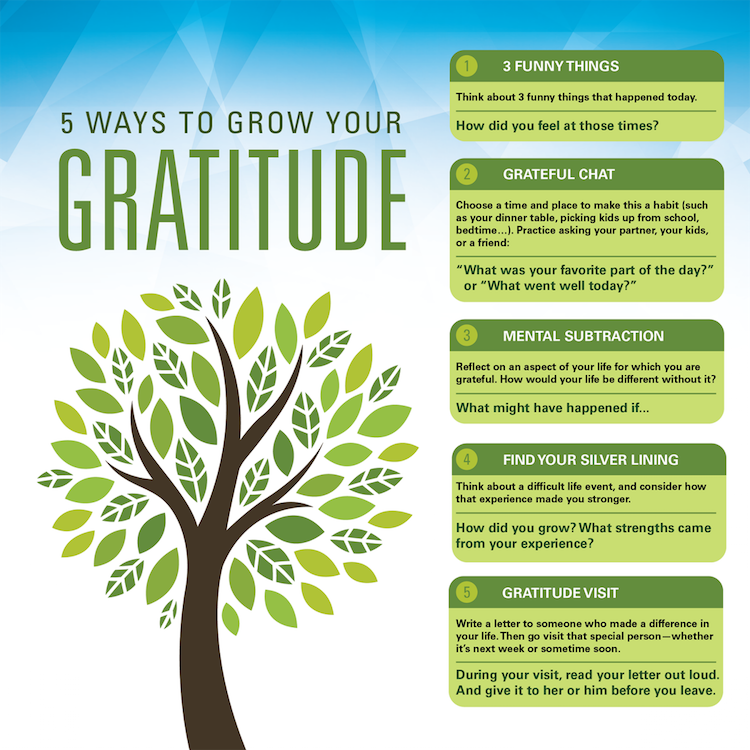
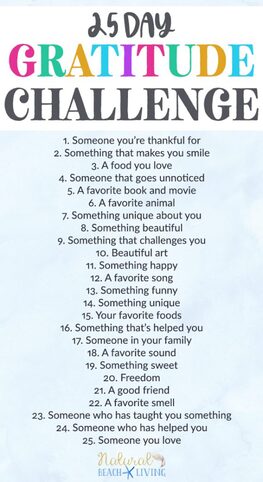
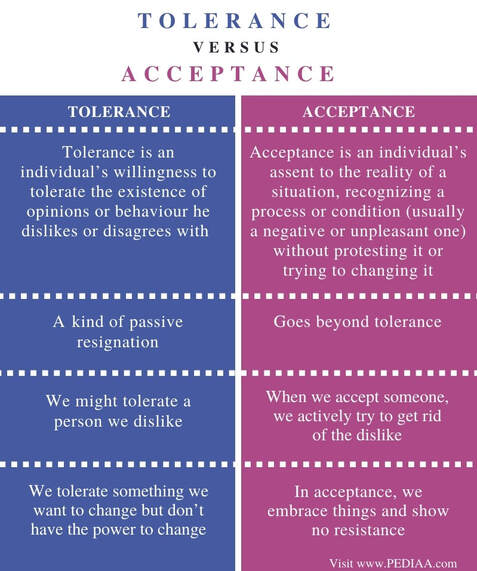
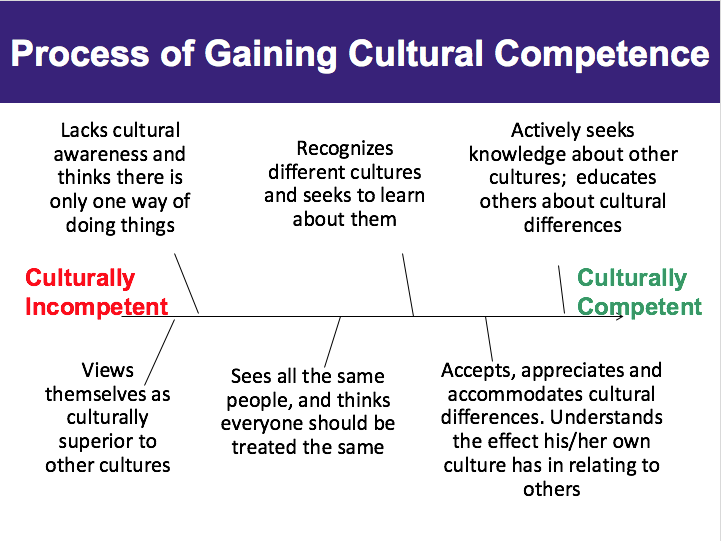
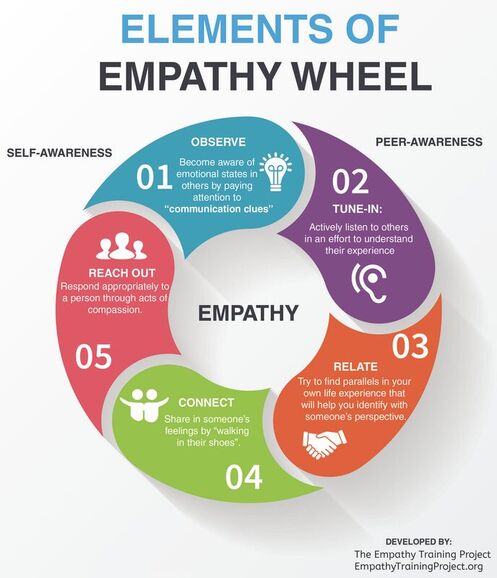
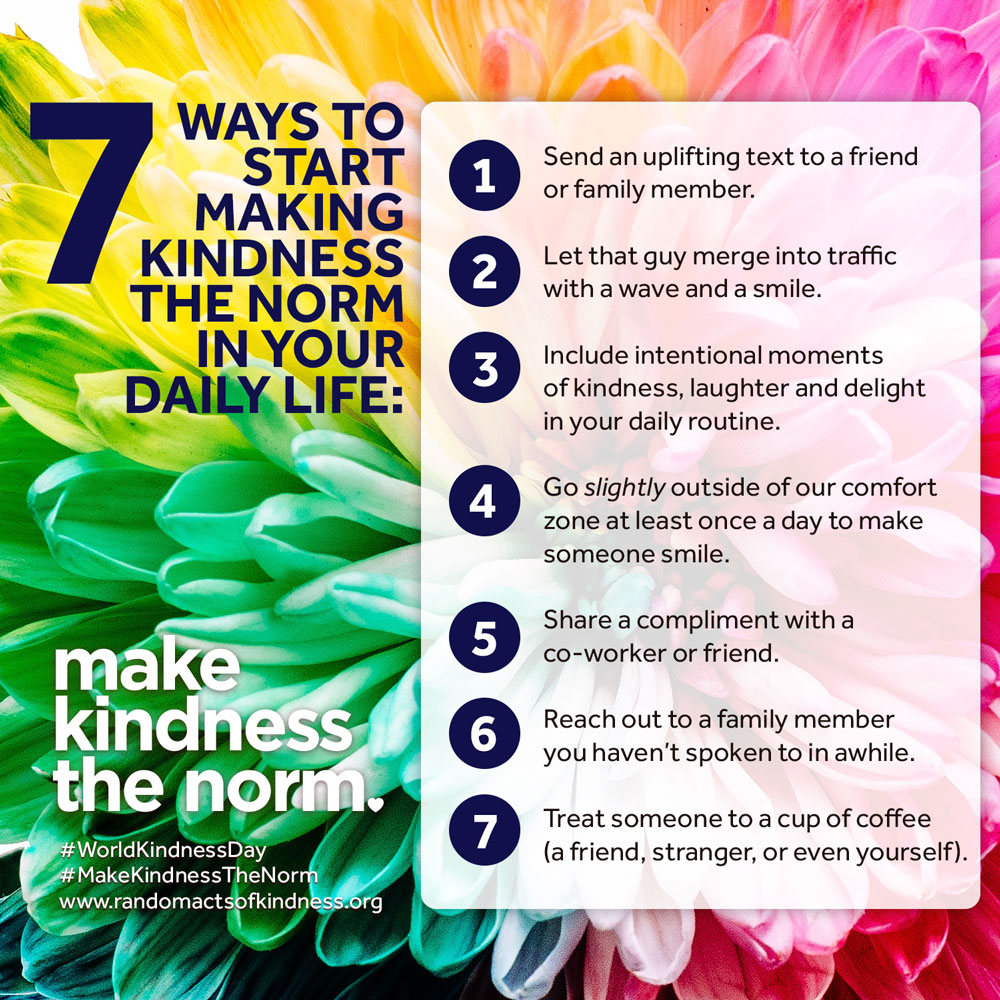
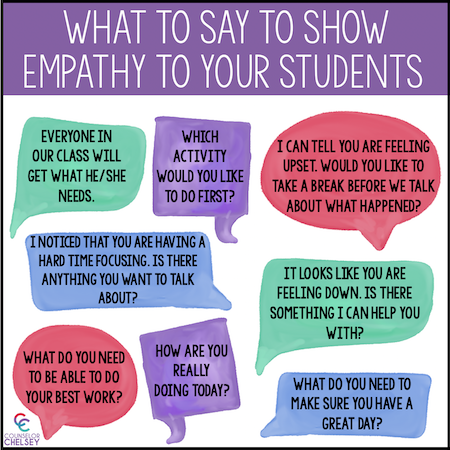
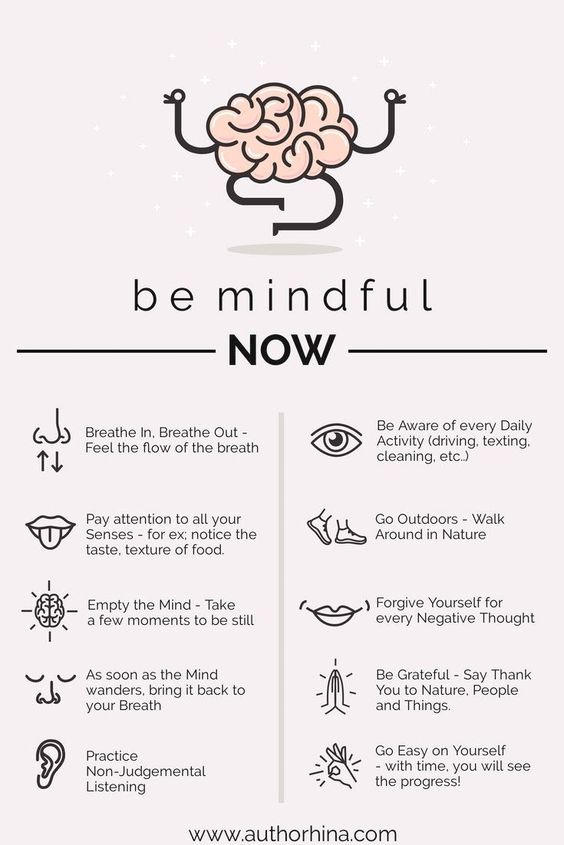
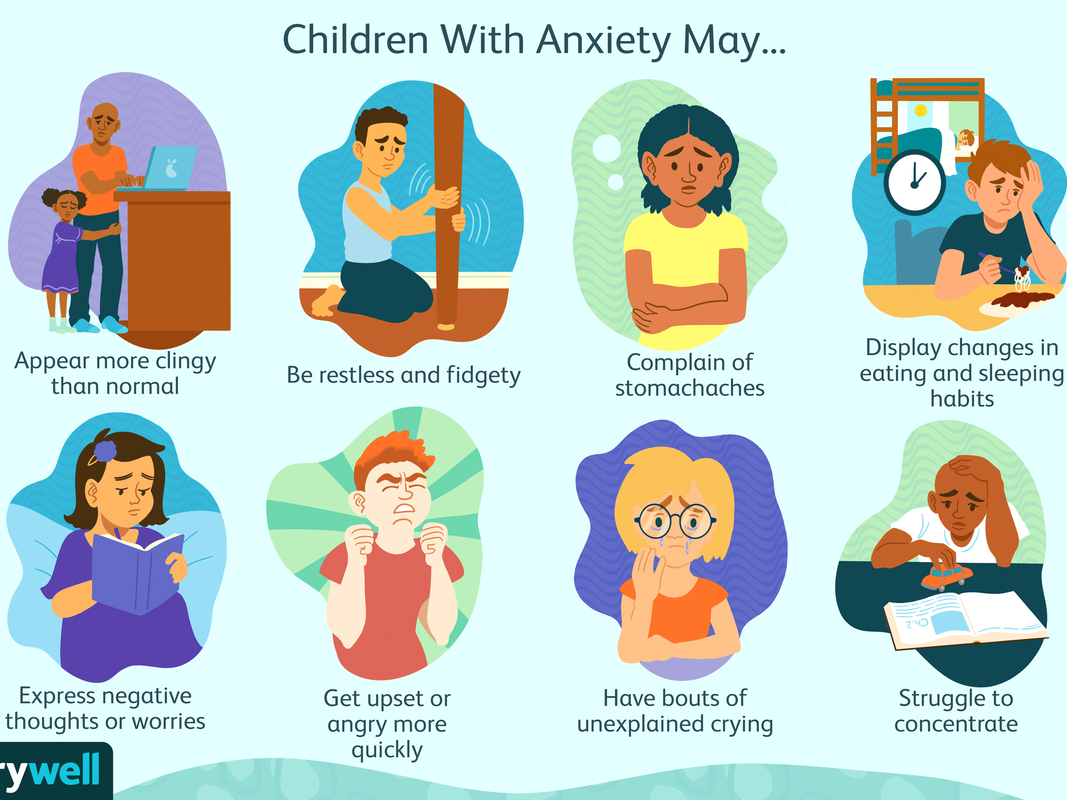
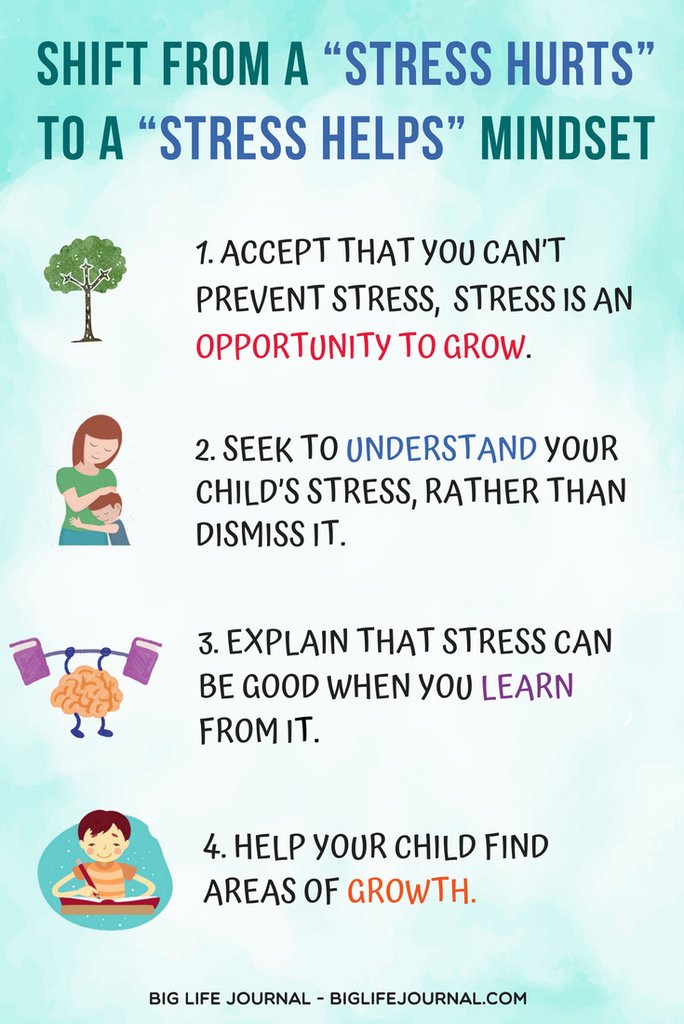
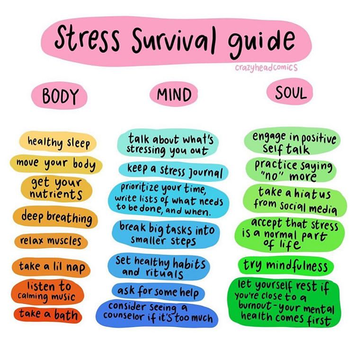
 RSS Feed
RSS Feed